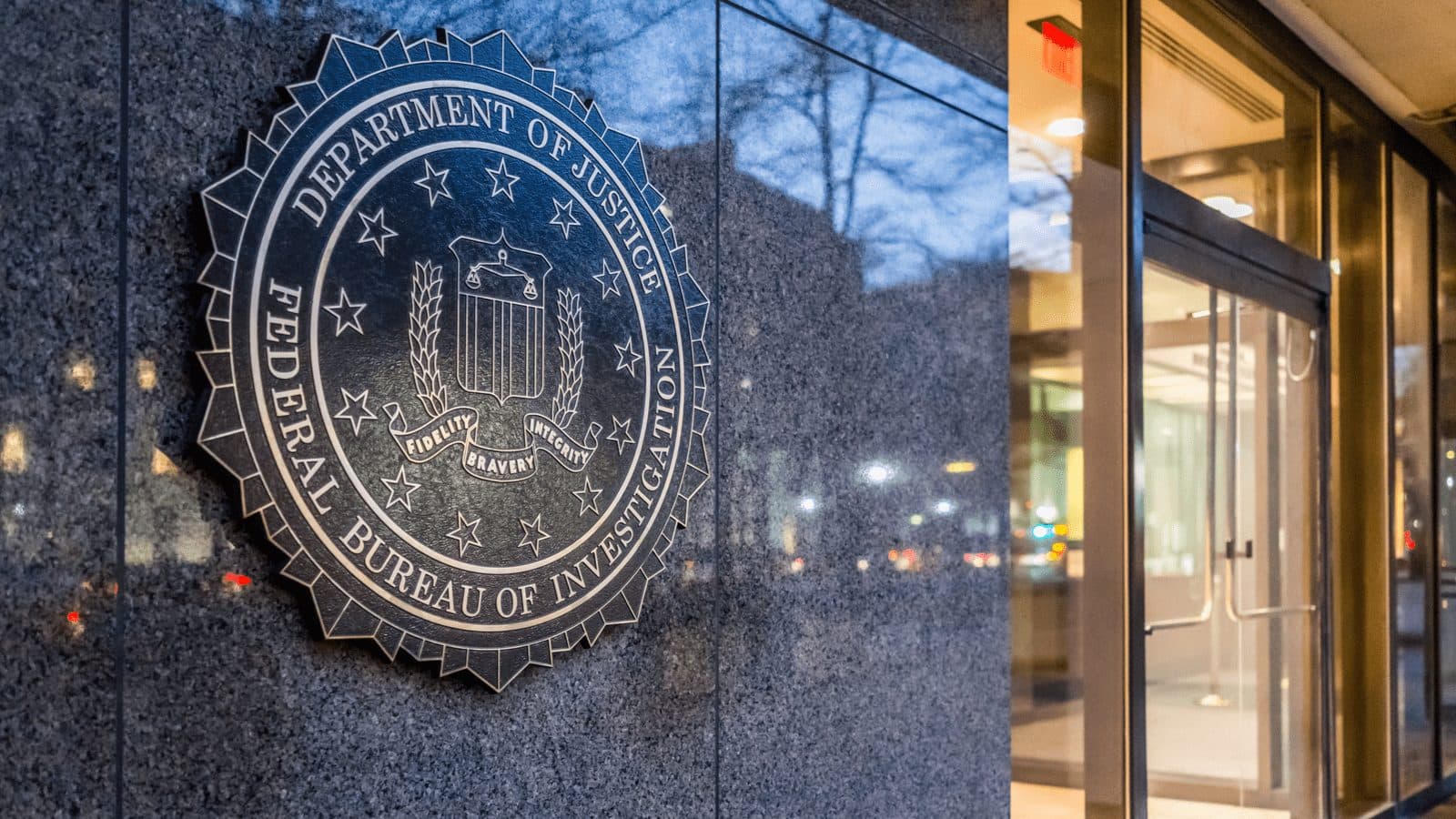Crypto CEO Who Faked PayPal Partnership Pleads Guilty For $21M Fraud
The CEO of Titanium Blockchain, which raised $21 million in an ICO, admitted to publishing phoney white papers and false testimonials

Source: Shutterstock
key takeaways
- Michael Alan Stollery faked Titanium’s business relationships with the Federal Reserve, PayPal and others, authorities say
- He used funds raised from the project’s ICO for credit card payments and bills for a Hawaiian condo
A cryptocurrency executive who raised $21 million in a 2018 initial coin offering (ICO) has pleaded guilty over fraud charges.
The Department of Justice (DOJ) announced on Monday that 54-year-old Titanium Blockchain CEO Michael Alan Stollery misled investors with false statements to buy “BARs” — the cryptocurrency token offered by Titanium’s offering (ICOs are a form of fundraising used by crypto businesses to raise capital).
Prosecutors say Stollery admitted to faking aspects of Titanium’s white papers, which fudged the token’s purpose, underlying technology, uniqueness and the likelihood of returns. He didn’t register the token with the Securities and Exchange Commission, nor did he have a valid exemption, the agency said.
Titanium, which was pitched to provide blockchain infrastructure solutions, in its white paper named services like “Bring Your Own Cloud,” “Monitoring as a Service,” “Mining as a Service” and “Instant ICO Incubator.”
“Just as steel changed the building industry forever, Titanium will usher in a new era of network construction,” the firm claimed.
Stollery is also believed to have placed false testimonials on the firm’s website and lied about holding business relationships with the Federal Reserve and companies like PayPal, Verizon, Boeing and Walt Disney to establish legitimacy.
Authorities noted that he also admitted to combining funds raised from the ICO with his personal money, and used a portion towards expenses such as credit card payments and bills for his condominium in Hawaii.
Titanium website now helps fraud victims recover ICO funds
Stollery, who is set for a November 18 sentence, has pleaded guilty to one count of securities fraud. He faces up to 20 years in prison.
His guilty plea comes four years after the SEC obtained a court order to halt Titanium’s ICO. The court had also approved an emergency asset freeze and appointed Holland & Knight lawyer Josias Dewey as a receiver to hold the firm’s assets.
Titanium was based in Sherman Oaks, California-based, according to a court document. The company’s website now shows how investors can file claims to recover funds. As of June 28, Titanium has received more than 1,000 claim submissions.
Stollery’s lawyer, Andrew Holmes, told the Wall Street Journal that the “remorseful” CEO wanted to run Titanium legitimately but overexuberance destroyed his plans. He added that a majority of the funds that were converted to cryptocurrencies are with the receiver and Stollery wants investors to recover as much of their money as possible.
The DOJ recently announced another charge related to a cryptocurrency fraud scheme. Last week, the founder of defunct cryptocurrency business “My Big Coin” was convicted on charges he raised $6 million by marketing a fraudulent currency.
Randall Crater, the founder, and his associates claimed the currency was backed by $300 million in gold, oil and other valuable assets.
Get the news in your inbox. Explore Blockworks newsletters:
- The Breakdown: Decoding crypto and the markets. Daily.
- Empire: Crypto news and analysis to start your day.
- Forward Guidance: The intersection of crypto, macro and policy.
- 0xResearch: Alpha directly in your inbox.
- Lightspeed: All things Solana.
- The Drop: Apps, games, memes and more.
- Supply Shock: Bitcoin, bitcoin, bitcoin.





